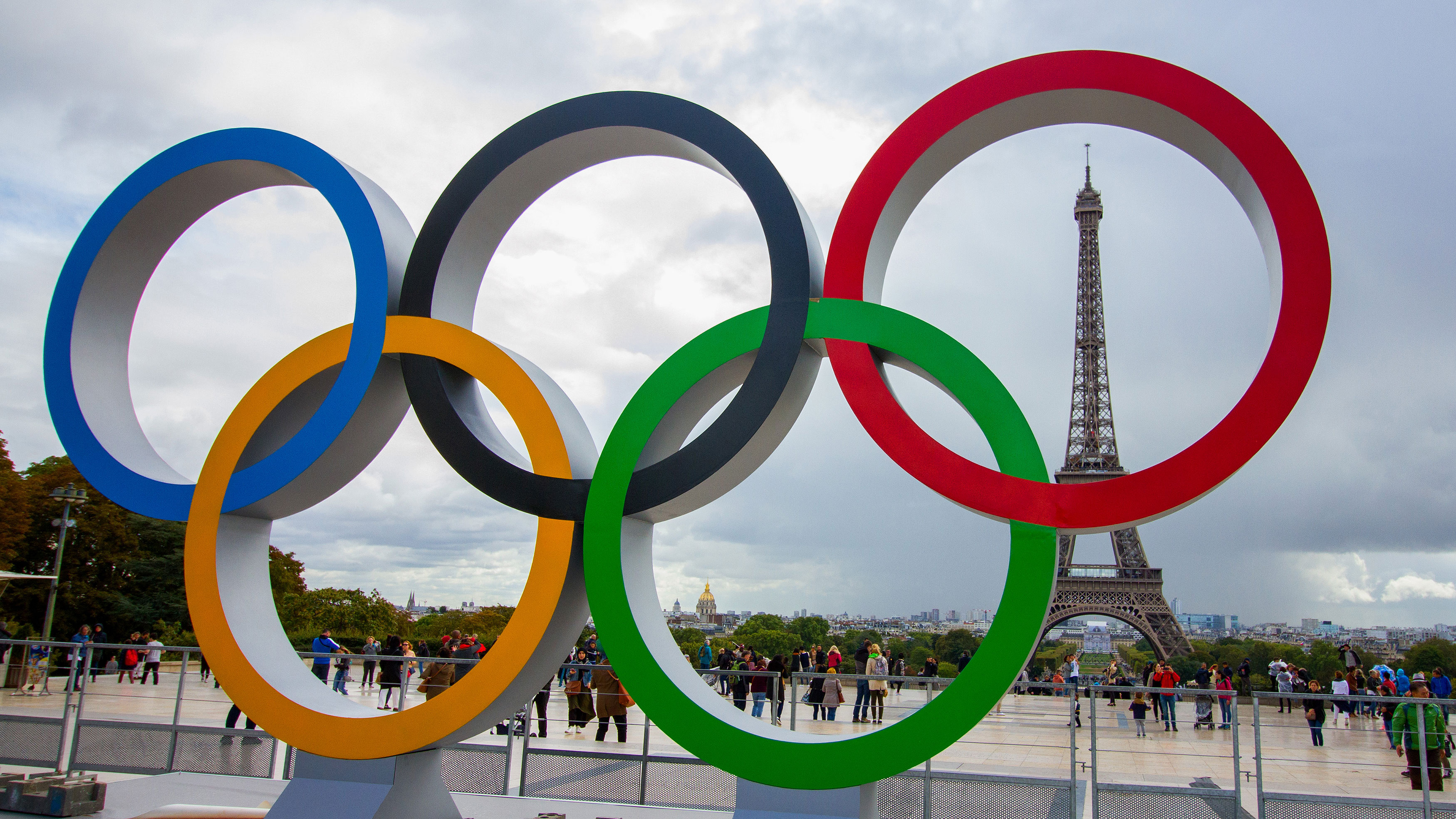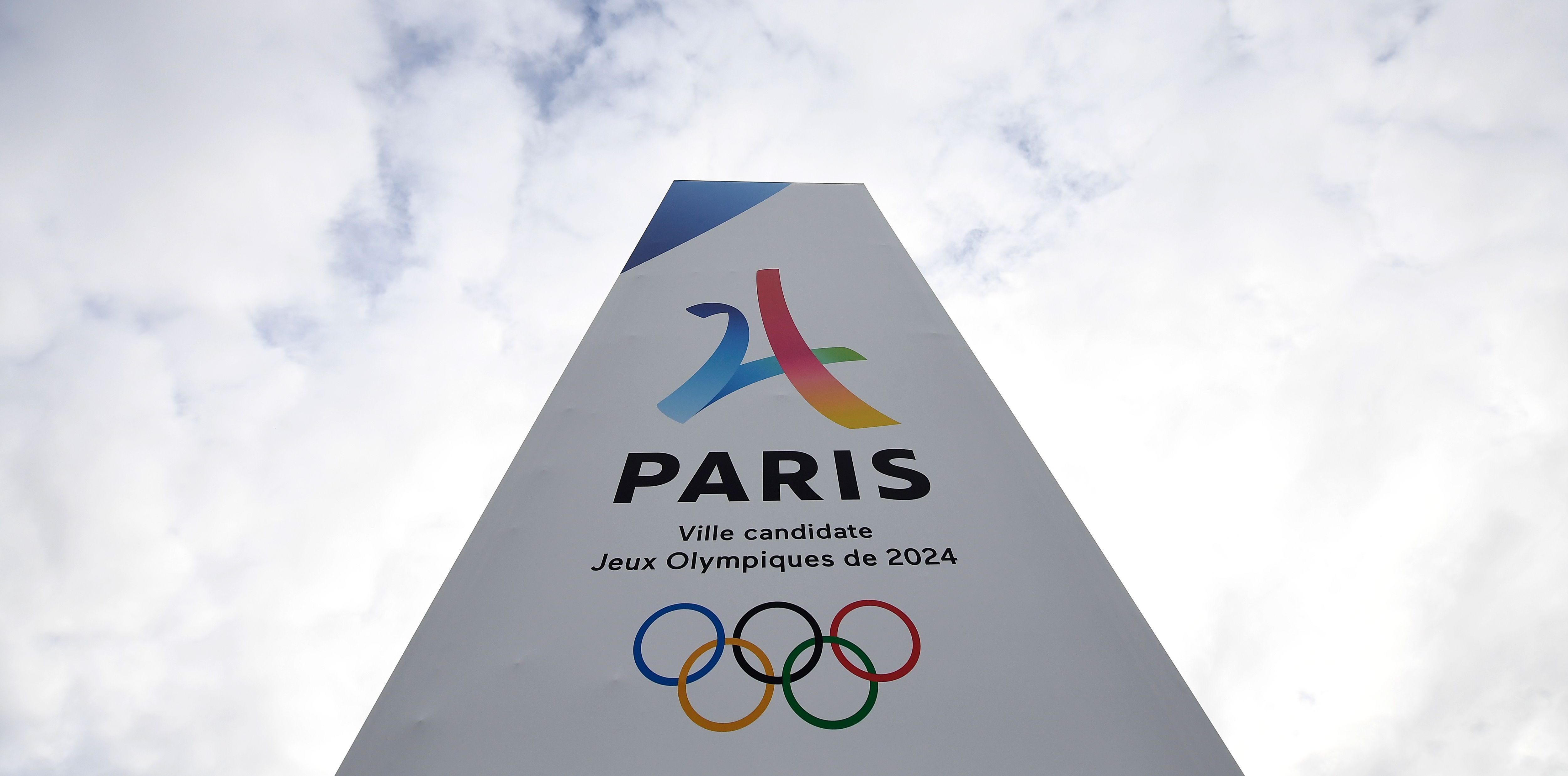Between the torch, fanfare and games themselves, the Olympics are filled with timeless traditions. Yet, there is no greater symbol for the event than the Olympic rings.
Featured on flags, fields of play and even the athletes themselves, the colorful, interlocked circles are a universal sign of the world’s biggest sporting event. But how did they come to be?
Before the 2024 Olympics in Paris commence, here is a crash course on the origins, meaning and history of the Olympic rings:
Who created the Olympic rings?
Get top local stories in Connecticut delivered to you every morning. >Sign up for NBC Connecticut's News Headlines newsletter.
Pierre de Coubertin, a French historian and founder of the International Olympic Committee, created the rings in 1913. The iconic design and flag were adopted in 1914, but they did not make their official Olympic debut until the 1920 Antwerp Games since the 1916 event scheduled to take place in Berlin, Germany, was canceled due to World War I.
What is the meaning behind the five Olympic rings?
The Olympic rings, which stand as the symbol for the Olympics as a whole, represent the activity of the Olympic Movement and the union of five continents and athletes from across the world at the global event. Those five continents are America (combining North and South), Africa, Asia, Europe and Oceania.
In Coubertin’s words, the five rings represented the five parts of the world “now won over to the cause of Olympism.”
What are the five Olympic ring colors?
Going from left to right, the five colors for the Olympic rings are blue, yellow, black, green and red.
Contrary to popular belief, the five colors of the Olympic rings do not directly correspond to given continents. Instead, the five colors (along with white, which is the background color of the Olympic flag) were chosen because at least one of those colors appeared on the national flag of each participating country at the time Coubertin came up with the design.
Have there ever been changes to the Olympic rings?
One tweak the design has undergone over time is the overlapping and connecting nature of the rings.
The rings were connected in Coubertin’s initial design, but in 1986, the IOC Graphics Standards included a definition stating that an official version with spaces between rings be produced. The IOC Executive Board returned to Coubertin’s original, interlaced design in 2010.
What is the Rings Across America tour?
NBCUniversal re-launched its “Rings Across America” tour leading up to the start of the Paris Games, showing off life-sized Olympic rings across the country.
The 2024 tour kicked off at the Players Championship in Ponte Vedra Beach, Florida, in March.
“Rings Across America” was also held before the 2020 Tokyo Olympics. That tour started in Los Angeles, finished in New York and made scheduled stops in Chicago, Miami, Orlando and Washington, D.C.
Editor’s note: An earlier version of this article was published in July 2021.





